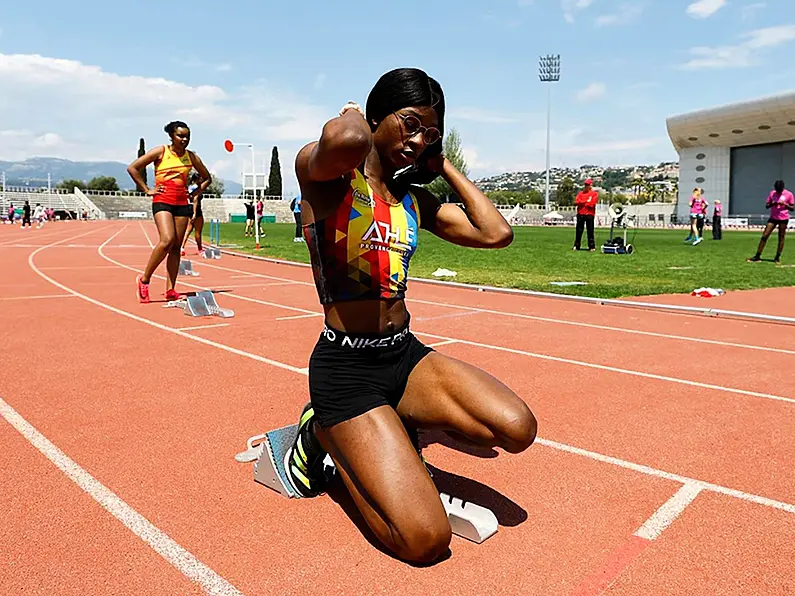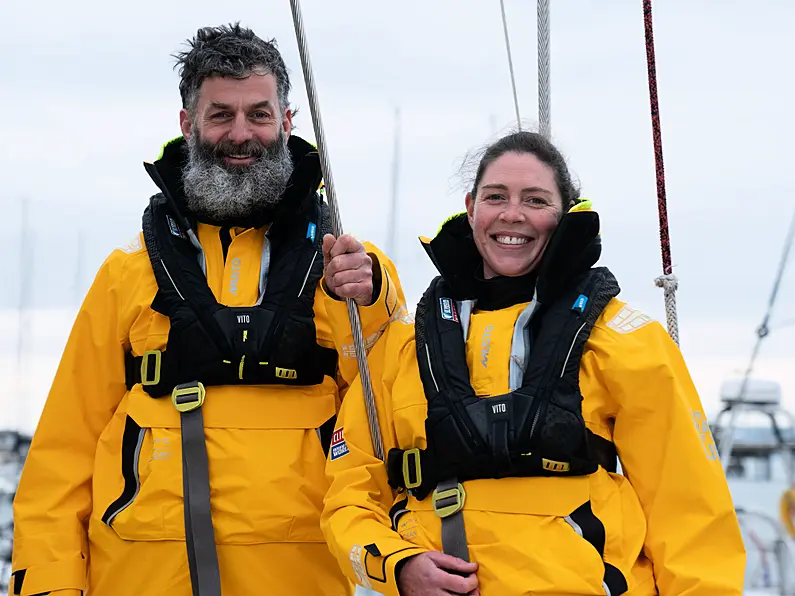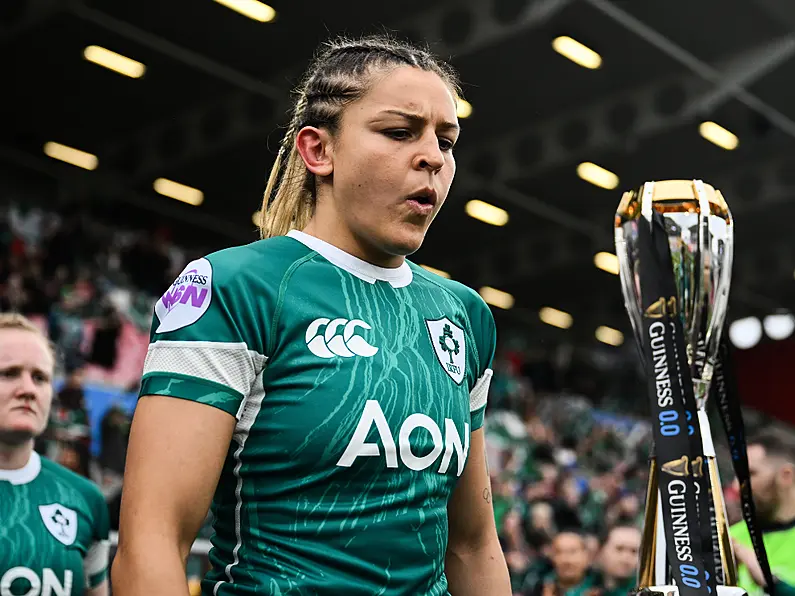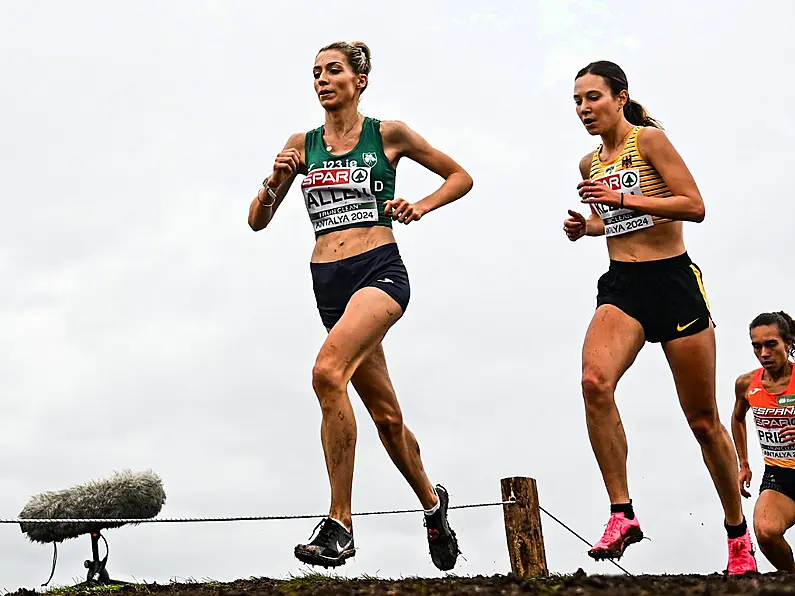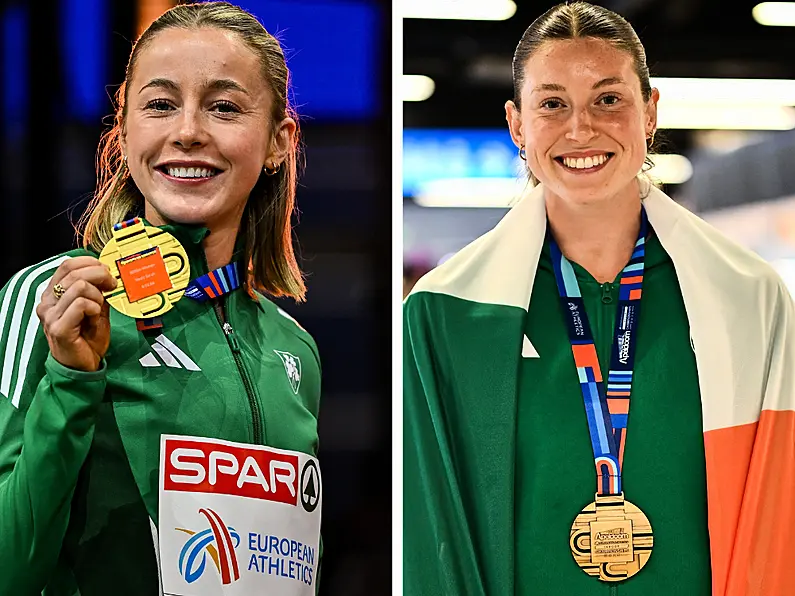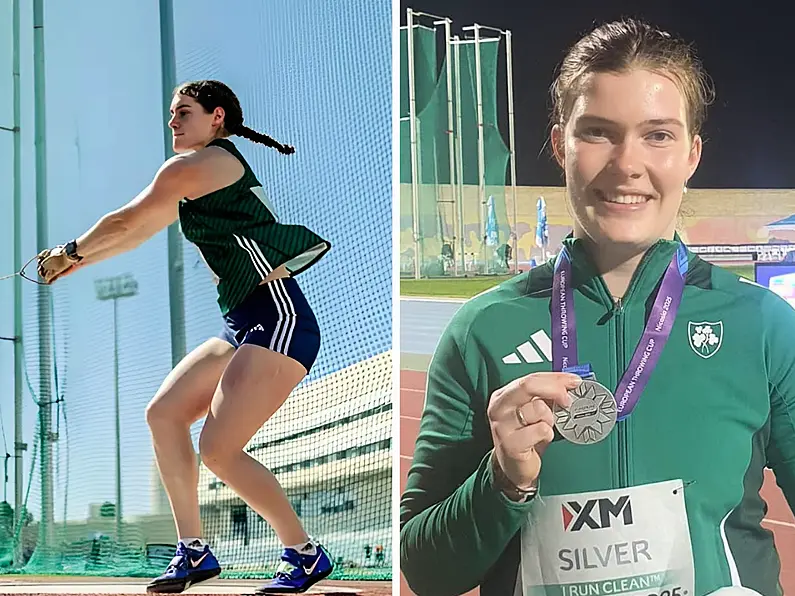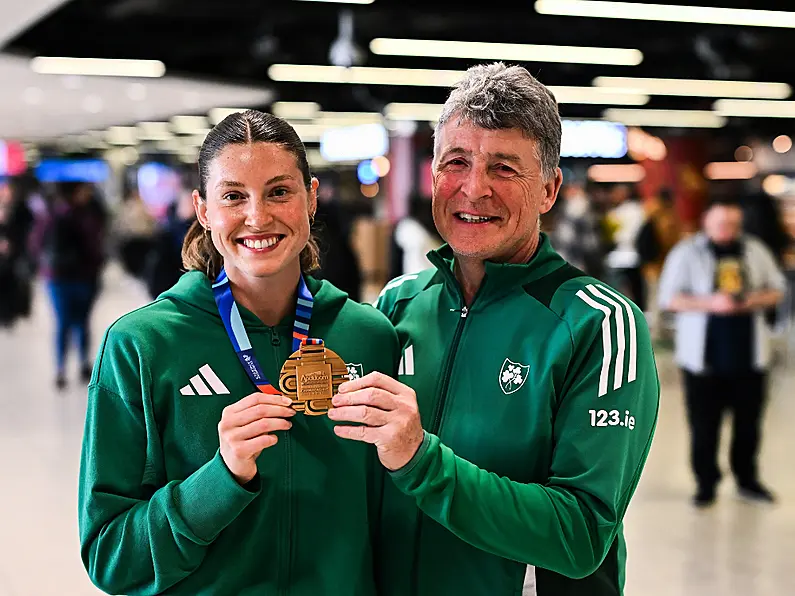French sprinter Halba Diouf's has expressed that she feels marginalised and hounded after the World Athletics (WA) announced in March that the WA governing body has banned transgender women who have gone through male puberty from competing in women's events, leaving Diouf's Olympic dreams shattered.
WA explained their decision was based on the "need to protect the female category."
"I cannot understand this decision as transgender women have always been allowed to compete if their testosterone levels were below a certain threshold," Diouf told Reuters in an interview.
"The only safeguard transgender women have is their right to live as they wish and we are being refused that, we are being hounded... I feel marginalised because they are excluding me from competitions."
French sprinter Halba Diouf feels she is being marginalized and hounded after her dream of participating at next year's Paris Olympics was shattered when World Athletics banned transgender women from elite female competitions https://t.co/gXl8d7AeEx
— Reuters (@Reuters) May 10, 2023
Diouf had high hopes to qualify for the 200m and run on home soil at the 2024 Games.
Born in Senegal, Diouf arrived in France at the age of four. As an adult, she moved to Aix-en-Provence where she started hormone therapy to change sex - and her gender transition was recognised by French authorities in 2021.
Federations such as World Athletics (WA) and World Aquatics are trying to find a balance of inclusivity while ensuring there is no unfair advantage. LGBTQI advocacy groups say excluding trans athletes amounts to discrimination but WA President Sebastian Coe stated: "Decisions are always difficult when they involve conflicting needs and rights between different groups, but we continue to take the view that we must maintain fairness for female athletes above all other considerations.
Before the new rule was announced, female transgender and athletes with Differences in Sex Development (DSD) could take part in elite events between 400m and the mile only if their levels of natural plasma testosterone was below five nanomoles per litre. The 100m and 200m sprinters were clear to race.
Those rules impacted DSD athletes such as two-time Olympic 800 metre champion Caster Semenya and Francine Niyonsaba, who finished runner-up to Semenya at the 2016 Olympics but neither were allowed to compete at the 2020 Tokyo Games.
This also influenced Namibia's Christine Mboma to move from her preferred 400m distance to the 200m in Tokyo, where she won a silver medal.
The new rule by WA has cut the maximum amount of plasma testosterone for DSD athletes in half to 2.5 nanomoles per litre from five. The WA rules also stated the level must be maintained for at least 24 months before DSD athletes can compete in female competitions.
Diouf's endocrinologist, Alain Berliner, said the 21-year-old "is a woman, from a physiological, hormonal and legal point of view.
"Her testosterone levels are currently below those found on average in women who were born as women..." he said, showing Reuters the results of her blood samples dated 2 May 2023.
Sprinter Halba Diouf continues to fight to represent transgender rights at Paris 2024 Olympics Games.
